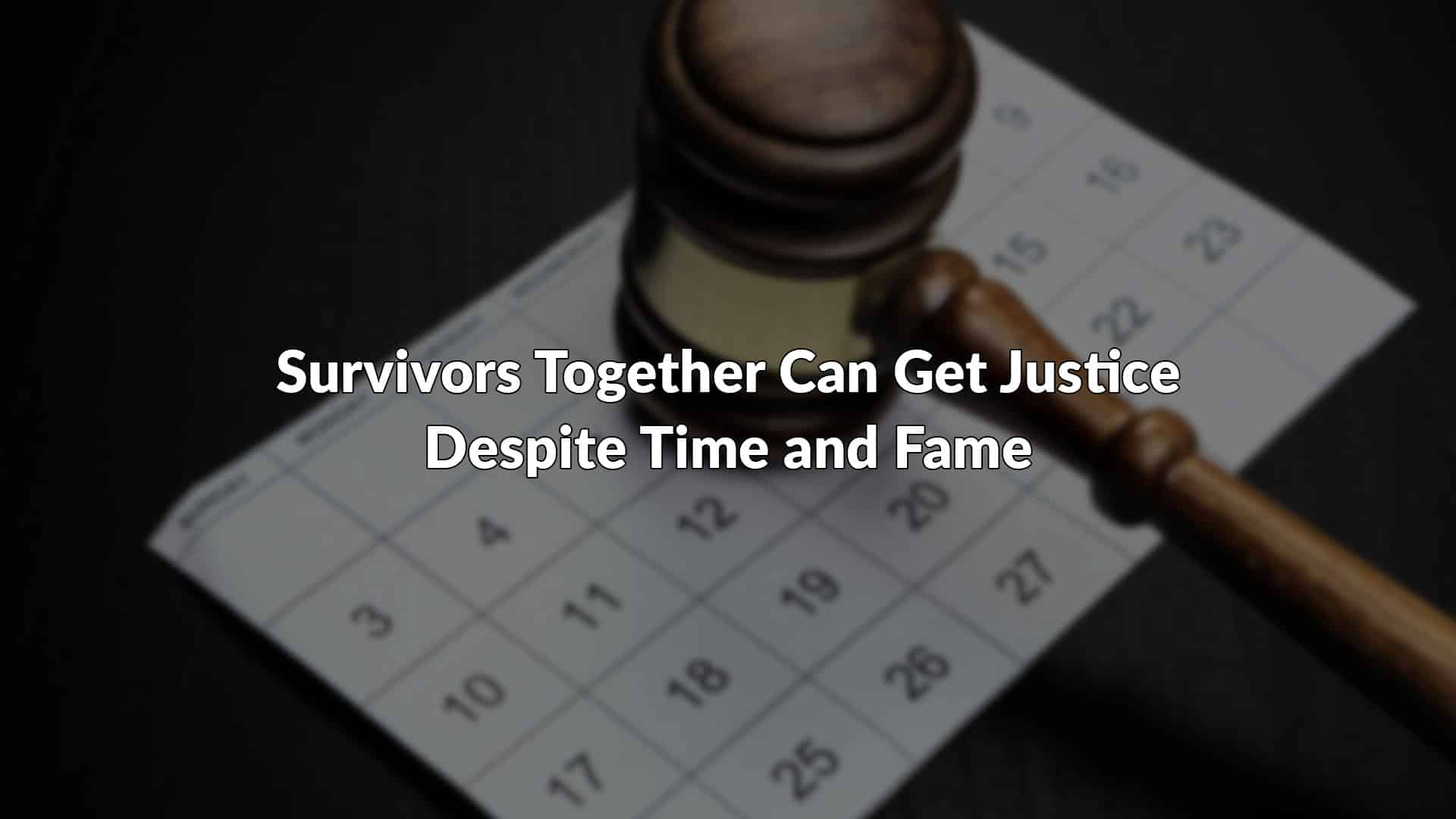The stated purpose of Bill 22-0021 is to eliminate the criminal statutes of limitations for first, second, third and fourth degree sexual abuse, first and second degree child sexual abuse, trafficking in commercial sex acts, sex trafficking of children, incest, abducting or enticing a child from his or her home for the purposes of prostitution, inducing or compelling an individual to engage in prostitution, compelling an individual to live a life of prostitution against his or her will and causing a spouse or domestic partner to live in prostitution.
The stated purpose of Bill 22-0028 is to eliminate the civil statute of limitations for the recovery of damages arising out of child sex abuse claims and to provide a two-year period for individuals whose claims were barred by a previous statute of limitations to bring those claims.
At the public hearing, victim advocates stressed that the passage of the two bills would promote child safety, hold institutions and individuals accountable for past harms, and empower victims to come forward. The advocates emphasized that these proposed bills would finally get rid of an antiquated system that constantly fails victims and would help shift the blame from victim to perpetrator. Additionally, advocates highlighted that individuals charged with sexual abuse should be held to the same standard of accountability as those individuals charged with murder.
Two personal witnesses’ testimony brought to light the severity and long lasting effects child sexual abuse may have on an individual. These individuals were 45 and 76 years old and described how haunted they still are by the sexual abuse they suffered as children. These two individuals demonstrated that there is no specific time in which an individual fully heals from their trauma and is able to come forward to report abuse.
In addition, studies have shown that the average victim will not report their abuse until approximately forty-two years of age. Disclosure of sexual abuse is often delayed because individuals are afraid of negative reactions, fear their abusers, face the shame of social stigma and/or blame themselves for what happened. It is especially difficult for children to come forward and report because often the perpetrator is a person the child loves someone that the child loves, such as a parent, aunt, or uncle. The current criminal statute of limitations in place only allows the victim up to the age of 36 to report, which falls short of the statistical average age of child abuse disclosure.
Defense attorneys argued that eliminating the statute of limitations for civil and criminal acts significantly burdens defendants. Statutes of limitations protect the accused from being wrongly convicted and provides statutory and constitutional safeguards. Defense attorneys also argued that eliminating the statute of limitations creates elements of unfairness for defendants because they are unable to properly prepare their cases. Evidence goes stale and witnesses become unavailable due to factors such as faulty memory or death. Additionally, defense attorneys claim that the financial cost to the defendant is high and claims of abuse are damaging to an individual’s reputation.
Bills 22-0021 and 22-0028 would help victims of sex trafficking because it would provide an avenue to survivors to bring lawsuits for activities that are an integral part of the sex trafficking process. For example, survivors of trafficking are often subject to sexual abuse as a child. While an abuser may not have successfully sold an individual for sex, survivors may have gone through a “grooming” process at a young age to prepare them for trafficking. The perpetrators of trafficking employ this “grooming” process as a way to draw their victims away from their homes or to gain the trust and dependency of young victims who may have run away from home. However, it is important to note that some survivors may be harmed by eliminating the statute of limitations, especially those who were forced to recruit other individuals into sex trafficking by their own traffickers.
It takes time for trafficked individuals to connect and understand what happened to them because they have experienced a compounding history of trauma and abuse. By eliminating the statute of limitations, this will allow survivors of trafficking to come forward on their own time and have their day in court.
2. Marci Hamilton, CEO and Academic Director, CHILD USA.
3. See D.C. Code § 23-113 (2) (2016) (detailing that the statute of limitations begins 15 years from the victim’s 21st birthday for 1st and 2nd degree crimes). See also D.C. Code § 23-113 (3) (indicating that the statute of limitations begins 10 years from the victim’s 21st birthday for 3rd and 4th degree crimes, therefore only allowing the victim up to age 31 to disclose).
4. See Human Trafficking within the United States, Human Smuggling and Trafficking Center (Dec. 2008), available at https://www.state.gov/documents/organization/113612.pdf (stating that the perpetrator assesses the victim’s vulnerabilities and offers flattery and material items in order to entice the female adolescent to begin a sexual relationship with her “boyfriend”).



